Beta-carotene (10%) Powder (CAS: 7235-40-7)
Beta-carotene (10%) (CAS: 7235-40-7) is a strong antioxidant and also a scavenger of singlet oxygen. It is also a provitamin A as it can be converted into retinol.
Beta-carotene (10%) Description
Beta-carotene (10%) (CAS: 7235-40-7) is a potent antioxidant and singlet oxygen scavenger, also acting as a provitamin A, convertible into retinol. In commercial cherry tomatoes, it’s found at 1.2 mg per 100 g FW, with a bioaccessibility of about 0.1% from raw tomatoes. This yellow-orange pigment, found in various fruits and vegetables, is a carotenoid that the body transforms into vitamin A, supporting healthy skin and vision.
Beta-carotene (10%) Specifications
| Product Name | Zinc L-carnosine |
| CAS Registry Number | 7235-40-7 |
| Molecular Formula | C40H56 |
| Molecular Weight | 536.9 g/mol |
| Particle Size | 40mesh |
| Assay | ≥10% |
| Loss on Drying | ≤5% |
| Heavy Metals | ≤0.001% |
| Arsenic | ≤0.0003% |
| Total Bacterial | ≤1000cfu/g |
| Mould & Yeast | ≤100cfu/g |
| Coliform | <30MPN/100g |
Beta-carotene (10%) Applications
- Photoprotection: Beta-carotene reduces sunburn and photooxidative skin damage, significantly lowering erythema formation.
- Heart Health: Low serum β-carotene levels are associated with an increased risk of heart failure and cardiac death in men.
- Liver Protection: Acts as a potent antioxidant, guarding the liver against toxins and drug-induced damage.
- Ethanol-Induced Damage Prevention: In rats, dietary β-carotene supplementation prevents the increase of serum aminotransferases and GSH depletion caused by ethanol.
- Cell Viability and Antioxidant Enhancement: Improves hepatocyte viability, increases catalase activities, and boosts glutathione levels in ethanol-fed rats.
- Oxidative Stress Reduction: Ameliorates oxidative stress, enhances antioxidant capacity, and decreases CYP2E1 expression and apoptosis in liver cells.
Details
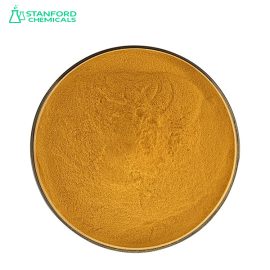
| Specification | 25% Polysaccharides UV |
|---|---|
| Botanical Source | Achyranthes Bidentata |
| Package | 25 kg/drum |
| Storage | Stored in cool & dry places, protected from direct sunlight and heat. |
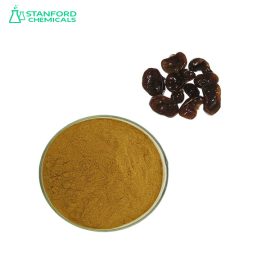
| Specification | 10%-50% agaric polysaccharide UV |
|---|---|
| Botanical Source | auricularia Auricula |
| Package | 25 kg/drum |
| Storage | Stored in cool & dry places, protected from direct sunlight and heat. |
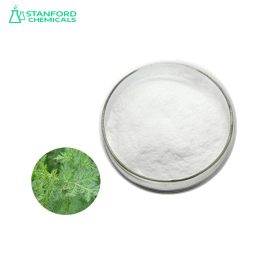
| Specification | 99% Artemisinin HPLC |
|---|---|
| Botanical Source | Artemisia Annua |
| Package | 25 kg/drum |
| Storage | Stored in cool & dry places, protected from direct sunlight and heat. |
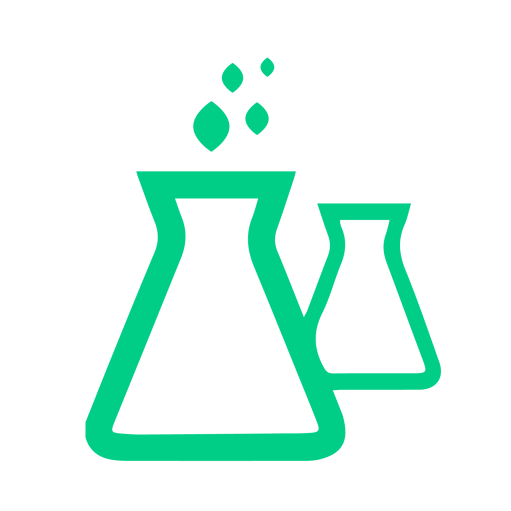

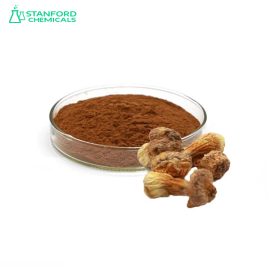
Reviews
There are no reviews yet.